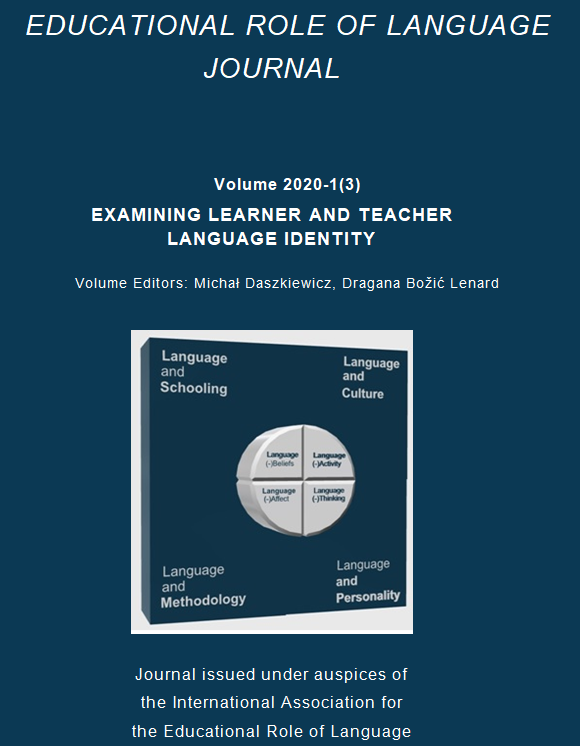Tiffany L. Gallagher, Kari-Lynn Winters 
Brock University, Canada; https://orcid.org/0000-0003-3006-9773, https://orcid.org/0000-0001-9587-8489
DOI: https://doi.org/10.36534/erlj.2020.01.06
Bibliographic citation: (ISSN 2657-9774) Educational Role of Language Journal. Volume 2020-1(3). Examining Learner and Teacher Language Identity, pp. 77-90
Abstract
In this inquiry an educational researcher and children’s book author interrogated the process of the authorship of leveled readers, reconciling publishing protocols and readability formulae in order to encourage critical viewpoints for readers and educators. Data included publishers’ guidelines, interviews, journaled field notes, readability scores, and draft samples of leveled book manuscripts. Qualitative analyses yielded three themes that offer a glimpse into the tensions that a leveled text author contemplates prior to and during the writing process. Issues of engagement, power, identity and agency are peppered throughout the author’s process. Finally, there is a discussion of the impact of text readability calculations. This paper brings to light critical questions that educators and administrators might ask about leveled text readability in relation to their students’ needs and considerations for educators to bring a critical literacy approach into the classroom during the use of leveled texts.
Keywords: readability, leveled readers, book authoring, publishing, critical literacy, engagement, identity, agency
Go to full Volume 2020-1(3)
Go to Educational Role of Language Journal – main page
Go to International Association for the Educational Role of Language – main page